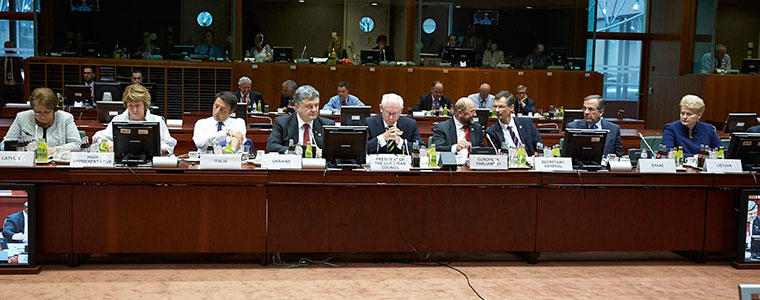NATO marked its 75th anniversary last week at a celebration in Brussels. While Russia’s invasion of Ukraine has injected the alliance with new life and resolve, the 32-member collective security pact is also wrestling with its future in a world of growing great power competition. In 2022, NATO formally identified for the first time China as a challenge to its interests and collective security. As NATO continues to support Ukraine and look to future global challenges, it also has internal issues to address, ranging from individual member defense spending to the problems posed by the need for collective decision-making among 32 members.
Type:
Question and Answer
Global Policy



